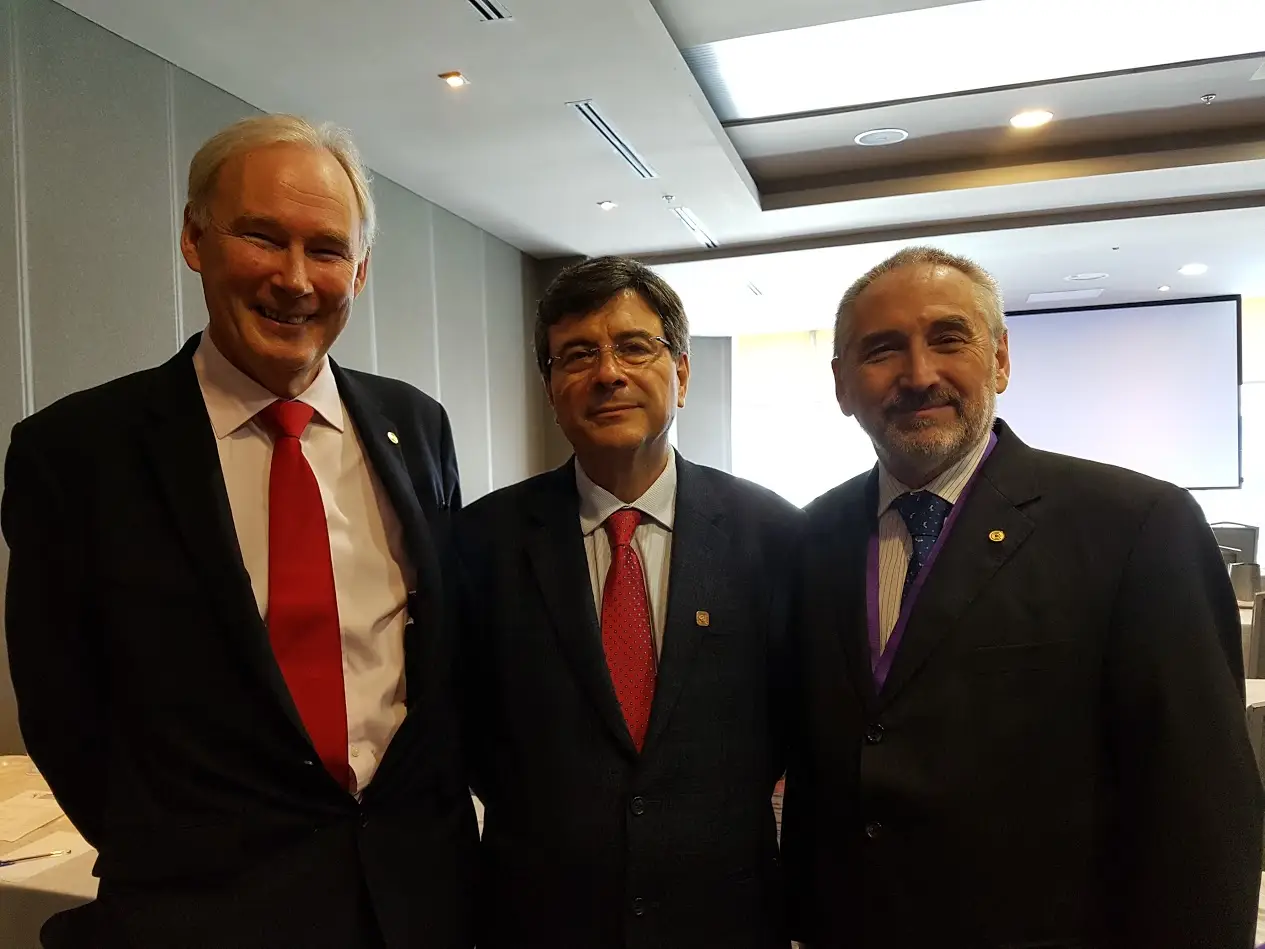
WHF joins the InterAmerican Society of Cardiology their 26th Annual Congress
4 October, 2017
Left to right: David Wood (WHF President), Gustavo Restrepo Molina (IASC President), Daniel Piñeiro (WHF Board Member) WHF President David Wood and WHF Board Member Daniel Piñeiro had the honor to attend the InterAmerican Society of Cardiology at 26th Annual Congress of SIAC from 20 to 23rd September 2017 in Panama on behalf […]
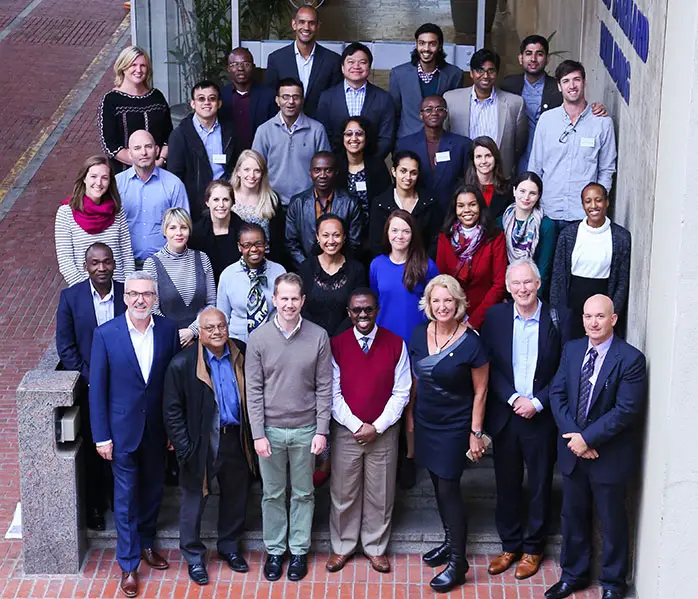
WHF Emerging Leaders Programme article published in the European Heart Journal
2 October, 2017
The European Heart Journal has published an article about the WHF Emerging Leaders Programme. It is the 2017 update of the 4th seminar held in Cape Town hosted by Dr Karen Sliwa and summarizes the Emerging Leaders locations, themes, research streams, project titles and publications from 2014–2017. For the full article, read here
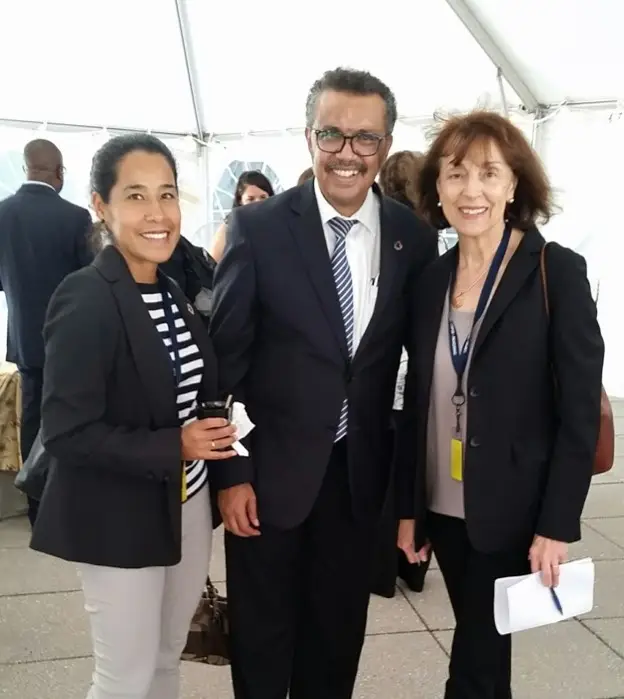
World Heart Federation Members Participate in WHO Regional Meetings
2 October, 2017
Throughout August and September, a number of Members of the World Heart Federation participated in the Committee Meetings for four WHO (World Health Organization) regions: Africa, Europe, Southeast Asia and the Americas. Taking place annually, the regional meetings are held to determine regional health policy and to approve programmes of work, and each of the […]
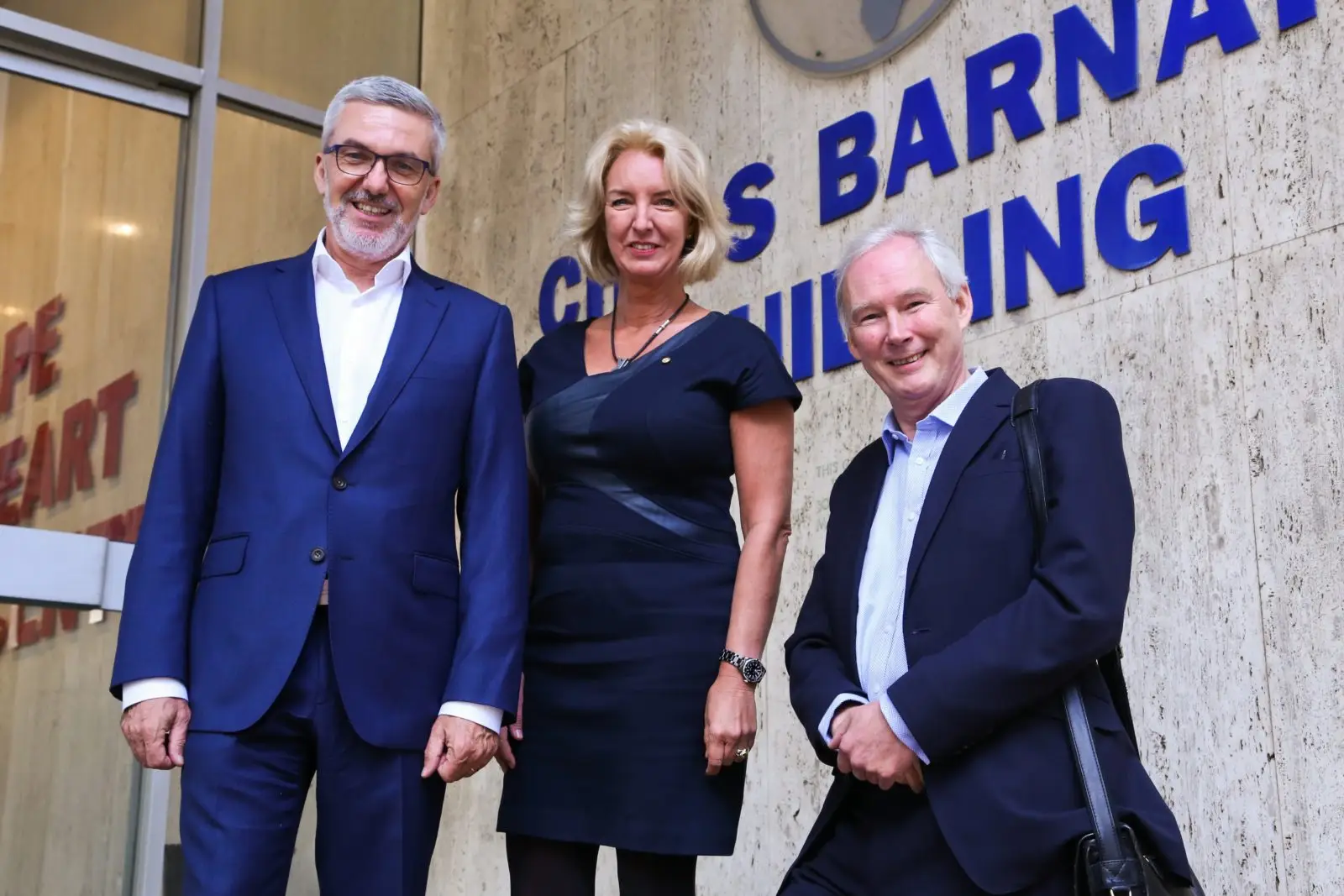
WHF President David Wood and WHF CEO Jean-Luc Eiselé “share the power” on World Heart Day
29 September, 2017
Left to right: WHF CEO Jean-Luc Eiselé, WHF President-Elect Karen Sliwa-Hahnle, WHF President David Wood On the occasion of World Heart Day, World Heart Federation President David Wood and CEO Jean-Luc Eiselé have “shared the power” in the form of blog posts online. Read David Wood’s post on the Huffington Post here, and Jean-Luc Eiselé’s […]
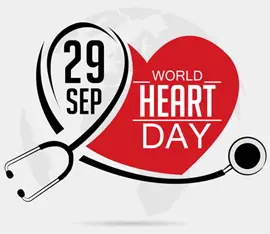
World Heart Day article collection from Elsevier
29 September, 2017
Today is World Heart Day! In honor of this meaningful day dedicated to cardiovascular health, Elsevier is pleased to provide free access to some of the top articles from our cardiology journals. All articles are freely available through October 31, 2017, start reading and feel free to share them with your colleagues! American Heart Journal […]
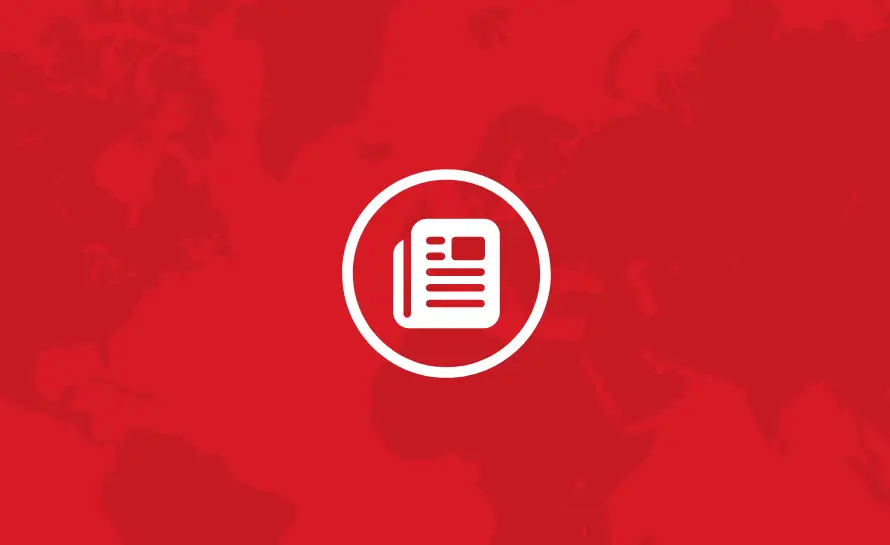
EHN releases their paper “Transforming European food and drink policies for cardiovascular health”
29 September, 2017
Changes to European food and drink policies could reduce burden of heart disease and stroke by 50% Dietary risks are responsible for around half of the death and disability caused by cardiovascular disease (CVD) in Europe[i], where this devastating disease remains the leading cause of death for men and women, and where 85 million people […]
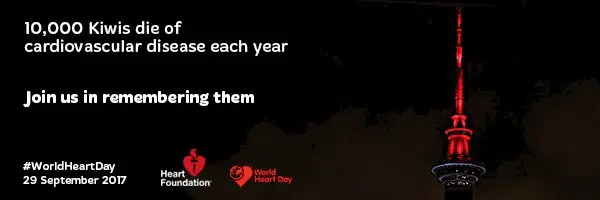
Heart Foundation celebrates $60 million research milestone on World Heart Day
28 September, 2017
The Heart Foundation in New Zealand will be the first to light the torch for World Heart Day this Friday, 29 September as the Sky Tower pulsates red to raise awareness for the world’s number one killer, cardiovascular disease (CVD), which includes heart disease and stroke. This year, the Heart Foundation is also using World […]

Iconic landmarks turn red for World Heart Day
27 September, 2017
Today, CVD is responsible for claiming 17.5 million lives a year By 2030 this is expected to rise to 23 million. Globally, 1 in 10 people aged 30-70 die prematurely from CVD, including heart disease and stroke, but the good news is that at least 80% of these premature deaths could be avoided or postponed. […]
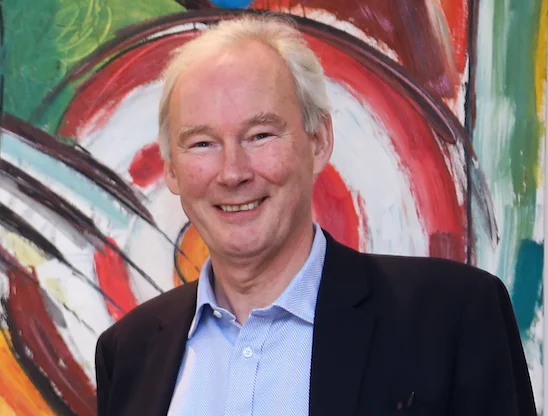
A message from our President a week away from World Heart Day
22 September, 2017
David Wood, President, World Heart Federation talks about the global importance of World Heart Day and how vital our members are in supporting this increasingly powerful campaign.

WHO launches new NCDs Progress Monitor
22 September, 2017
18 September 2017 | Geneva/New York – Governments must step up efforts to control noncommunicable diseases (NCDs) to meet globally agreed targets, including preventing the premature deaths of millions of people from these conditions, according to a new WHO report released today. Limited national progress has been made in the fight against NCDs – primarily […]
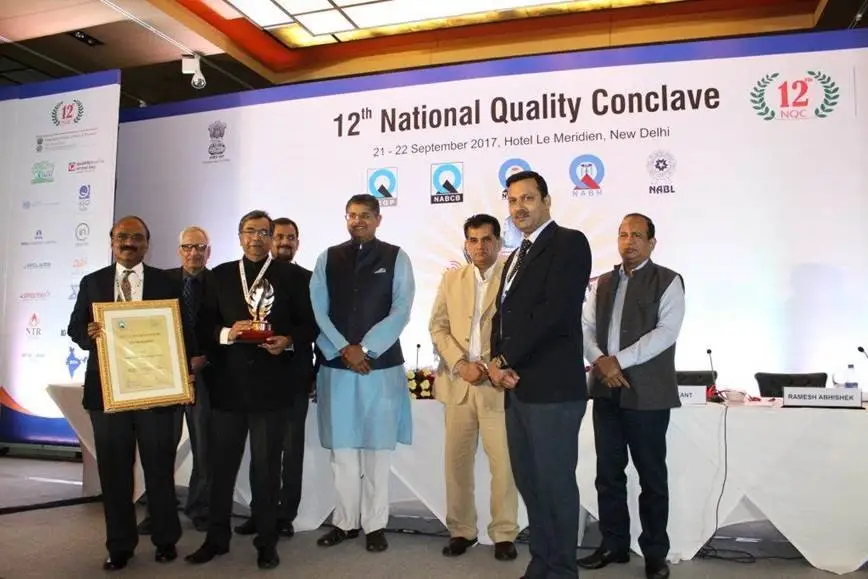
The Public Health Foundation of India (PHFI) awarded the prestigious QCI-DL Shah Platinum Award
21 September, 2017
Left to Right: Professor D. Prabhakaran, Professor K. Srinath Reddy, Shri. Baijayant Panda, Honourable Member of Parliament (Lok Sabha), Shri. Amitabh Kant, CEO Niti Aayog and Dr Sandeep Bhalla, Programme Director, Trainings, Centre for Chronic Conditions and Injuries, PHFI In recognition of Public Health Foundation of India (PHFI)’s outstanding contribution to skill building initiatives […]